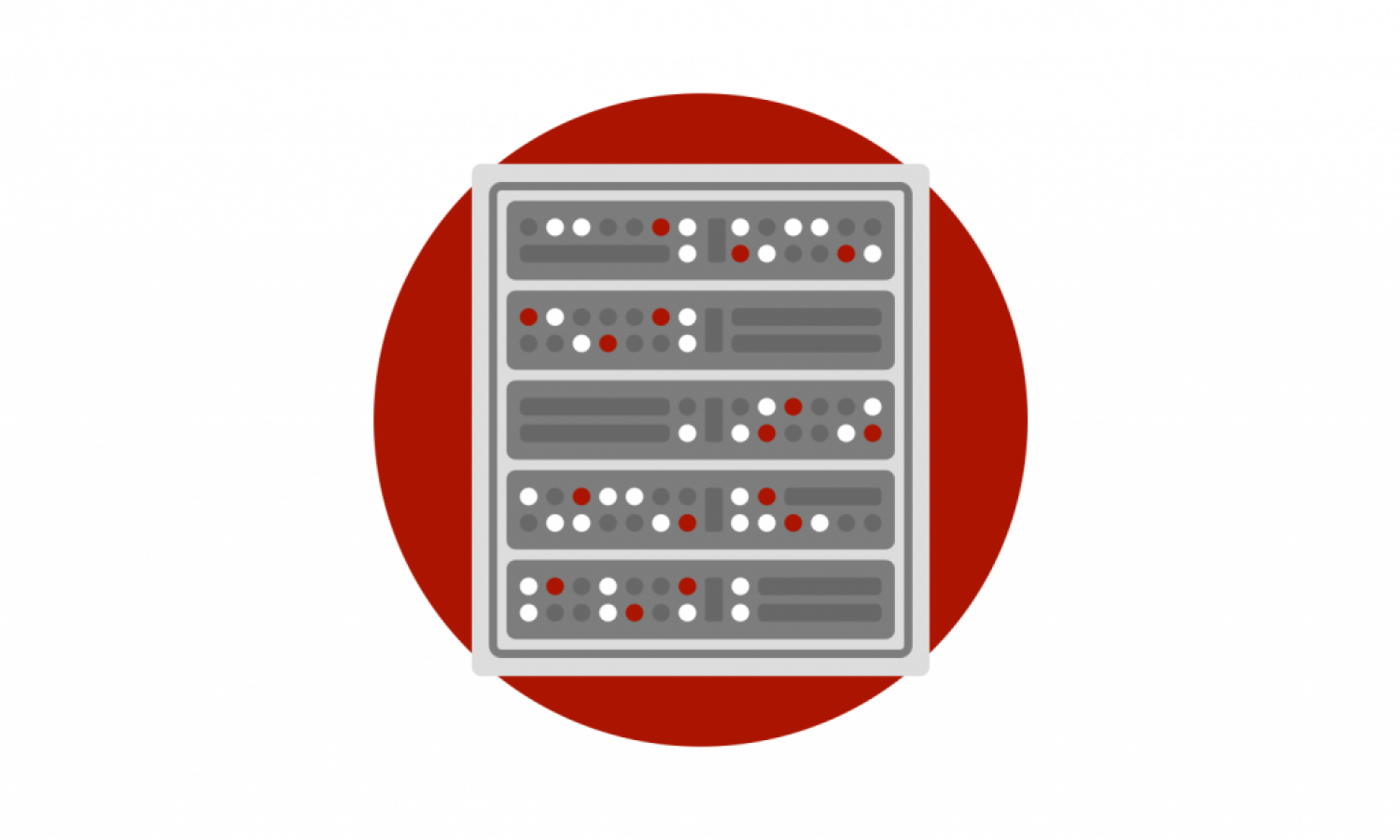Statement On ECPA In NDAA (HR 5515) Passing
Representative Kevin Yoder submitted the text of his bill, the Email Privacy Act, as an amendment to the NDAA (National Defense Authorization Act for the Fiscal Year 2019 (H.R. 5515)). We are pleased that it passed the House, along with the rest of the bill, this morning. It is headed to the Senate for consideration.
The i2Coalition has supported the measure, which requires that law enforcement entities obtain a warrant before obtaining access to emails, data in cloud storage and other digital communications. It also closes a loophole allowing warrantless searches of communications more than 180 days old. It codifies the 6th Circuit opinion in United States v. Warshak, which requires the same. The bill updates the Electronic Communications Privacy Act, which currently requires access to this information with nothing more than an administrative subpoena.
When originally introduced, the Email Privacy Act was widely supported in the House, with 138 bipartisan co-sponsors. The Email Privacy Act has been introduced in and passed the House three times. Each time, it had the support of members of the tech industry and civil society.
The i2Coalition supports the idea that government access to data must be preceded by due process procedures set out in the 4th Amendment. Obtaining a warrant is an important part of the investigative and judicial process, which allows criminal theories and evidence be tested by an impartial trier of fact. Anything less undermines due process principles that have been the hallmark of U.S. search and seizure law for hundreds of years.
We applaud the tenacity of Representative Kevin Yoder and all those involved in shepherding this issue through the legislative process.

